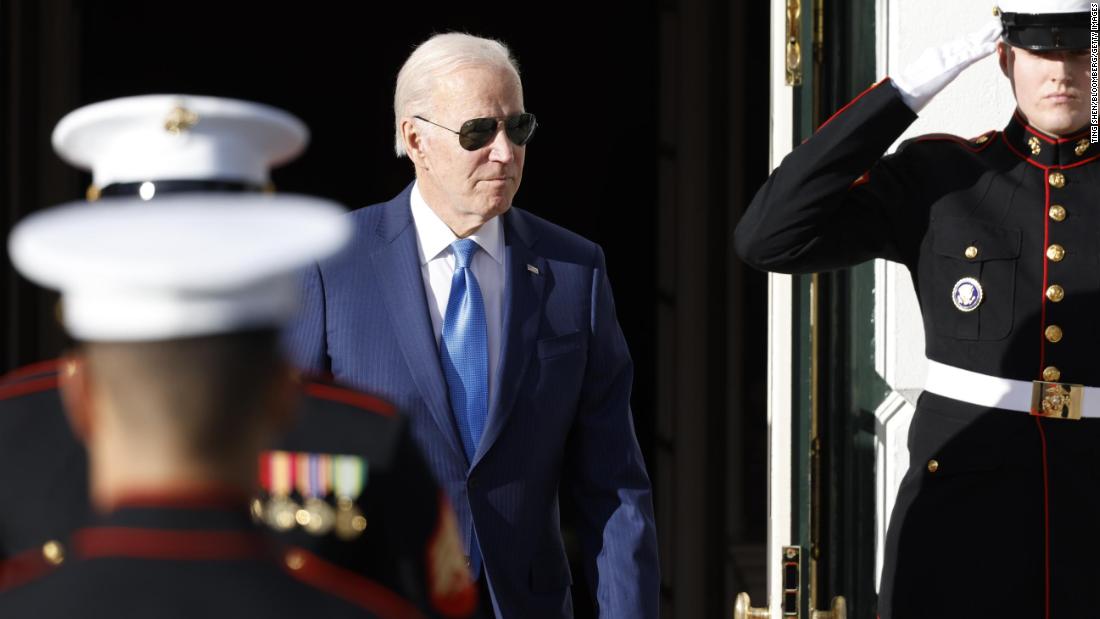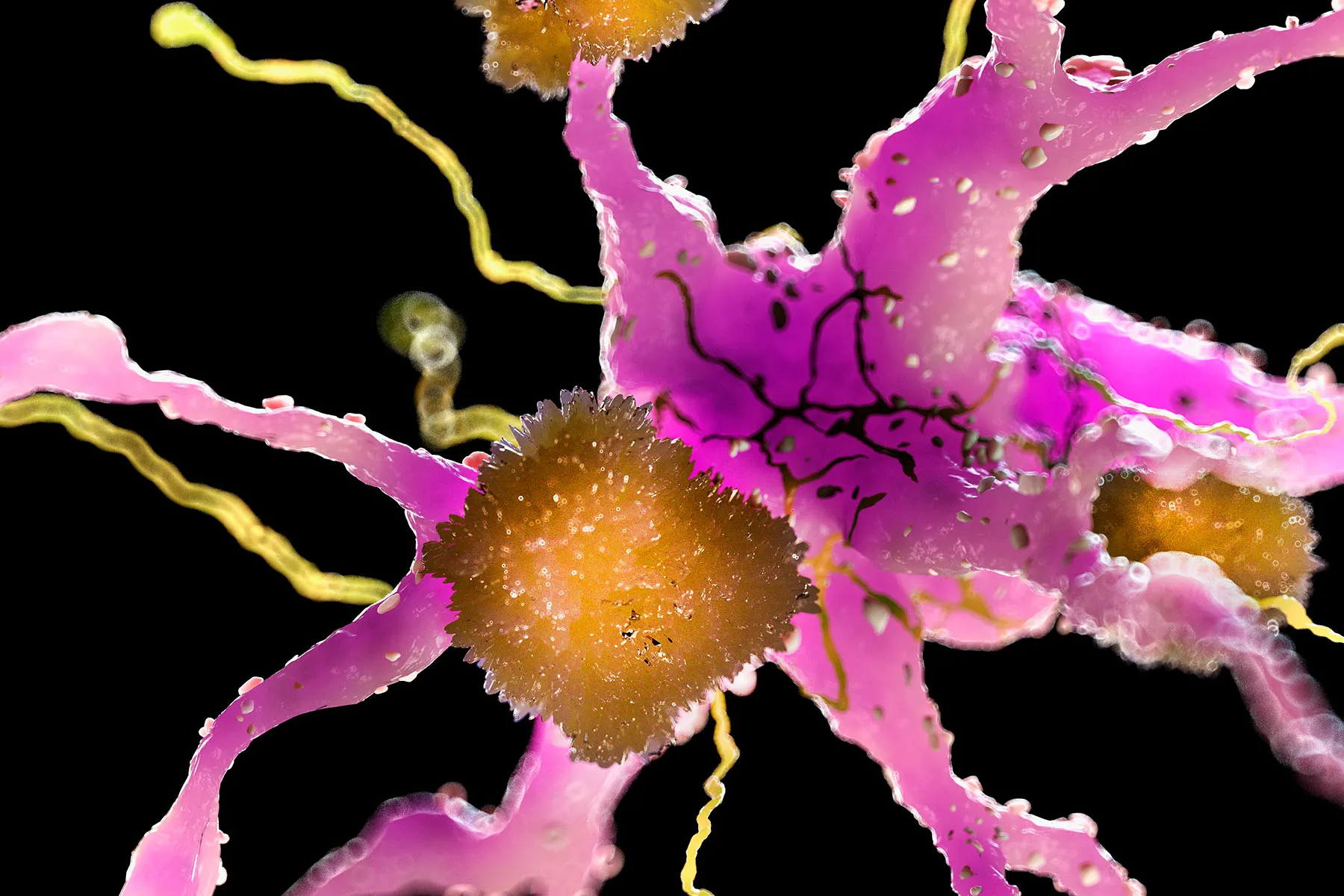Wounds of the Past: The Pain That Never Leaves Us
Years after entering prison, Leo Cardez is still grappling with the childhood traumas and resentments that destroyed his life.

It happens every time I am moved into a new building at my prison compound.
I will set up my typewriter in my cell and pound away at the keys, play Scrabble in the Day Room, play soccer at yard, attend Chapel services, and before I know it I have a handful of friends.
We connect over shared interest, talk about politics and commiserate over prison life. Soon enough, I have a whole new group of guys wanting to spend time with me for nothing more than my mere companionship.
It sometimes breaks my heart. I think back to my youth and ask, where were you when I was growing up? People like me now. They look for me to play games, go to chow, or walk the yard. They are of all ages and races, with varied backgrounds and upbringings.
It feels good to be liked, but in prison it’s wise to be careful.
In here, predators are always on the prowl for future victims. So I am skeptical and allow enough time to pass to feel comfortable. But once it does, I wonder, why wasn’t school this easy to make friends? What has changed? Why am I so popular now?
I am the only son of a poor immigrant family―my father a steel worker, my mother a housewife. Growing up on the South Side of Chicago in a segregated gang-infested neighborhood. I was smart, but lazy. I was tall, lanky, and clumsy. All my appendages were years beyond my age, and my ears were huge and stuck out like two open car doors.
My buck teeth arrived in a room moments before I did, and to complete the cliche, my thick glasses looked as if they could see into the future. I didn’t have many friends, no girlfriends of any kind, and worse, I didn’t know how to make them. Instead, I lost myself in comic books and cartoons.
In the middle of fifth grade we moved to a nicer neighborhood in the suburbs because my parents got tired of their wimpy kid getting beat up every day. My new school was a sea of whiteness. I was the only weird-looking alien.
This school was blessed with more resources and better teachers, which meant better students. I was still learning my times tables, but my class was already learning pre-geometry. I couldn’t even spell geometry. I was a loser and outcast, again. So I acted out.
I was a little shhh, a menace. My new classmates avoided me. I think my teacher was afraid of me too.
“That kid is from the inner city school, be careful,” I imagined they’d whisper in the teacher’s lounge.
I sat alone at lunch. No one picked me in gym class or any class for that matter. I was never invited to parties. It hurt, but the harder I tried to fit in the worst it got until it became clear the easiest thing to do was accept my fate and so I did.
All this childhood trauma still lives at the surface. It’s scabbed over, but any small prick and it will bleed.
All of this was a thousand years ago. Somehow I managed to graduate high school. I left my small town, joined the army, went to a big college where I joined a fancy fraternity. By now my face had finally caught up to my ears, the braces were off, the contact lenses in, what was once a tall, lanky nerd had blossomed into something close to normal, maybe even sort of handsome-ish.
I lived in a huge house with a bunch of fraternity brothers and had plenty of dates. I was no longer that scared pile of Jello. My life had made a complete 180. I would go on to have a daughter, a successful public relations career, travel the world and live the life I had always dreamed of, but nothing lasts forever.
One day, seemingly out of nowhere, my world would come crashing down on me.
I never resolved my inner trauma. I thought I was beyond it, but no amount of success can undo the feeling of inferiority deeply seeded in our inner child.
Being an adult didn’t make things easier. I looked for answers and validation at the bottom of bottles. I treated women badly, possibly in a misguided effort to avenge my hurt ego. Social media only exacerbated my issues and my new wealth and power made it easier to hurt myself and others, especially those closest to me.
I had become the cruel thing I had once abhorred, as is sadly the case in so many instances of abuse.
I made a mess of my life and eventually landed in prison where, if I am being completely honest with myself, I belonged.
The real pain, in serving my sentence isn’t for me. It is for all those I have hurt, none of which deserved it, most of all my daughter who lost a father to his addictions and demons.
In prison, I am in many real ways dead to her. I cannot help her. I think of her in the trenches of modern day online bullying and unrealistic Hollywood expectation of beauty and success. I hope I was a good enough parent those years I had with her.
I pray I helped build up her self-esteem as I worried about her natural shyness and in her teenage years a leaning towards obscure music and piercings.
I feared others might laugh at her, that she would feel like I did, left out and lonely. I would do anything to make sure she never suffered that fate as those cuts stay hidden in secret chambers of your soul and forever taint the vision of your life.
My prayer, as I push into middle age, is that through learning from my mistakes she will do better. She was an instinctively kind child, but she also knew that being mean to others was a deal breaker and neither her mother nor I would ever let her stand on that. I have already seen evidence that her generation is kinder, more attuned to mental health issues and open to people’s differences.
Unfortunately, I also know there will always be mean-spirited people out to hurt others.
Someone will probably hurt her someday. That’s just life. But unlike me, maybe she can turn that pain into something positive. Maybe she can find forgiveness and understanding through pain.
Wouldn’t that be just the most wonderful thing ever?
As for me, I am using this time to revisit old wounds with the hopes I can help heal that poor kid sitting alone feeling like no one cares. In many ways, prison has helped. It has helped me believe that I am worth and deserving of friendships, relationships, and love.
It’s funny how we often find what we need in places we would have never bothered to look. I think it’s working, but sometimes it’s hard to tell, especially when I am so busy hanging out with my new friends.
Leo Cardez is an inmate in the Dixon Correctional Center in Dixon, Ill. This essay is published in collaboration with The Beat Within, a San Francisco-based justice system writing workshop.

 Landwebs
Landwebs 























